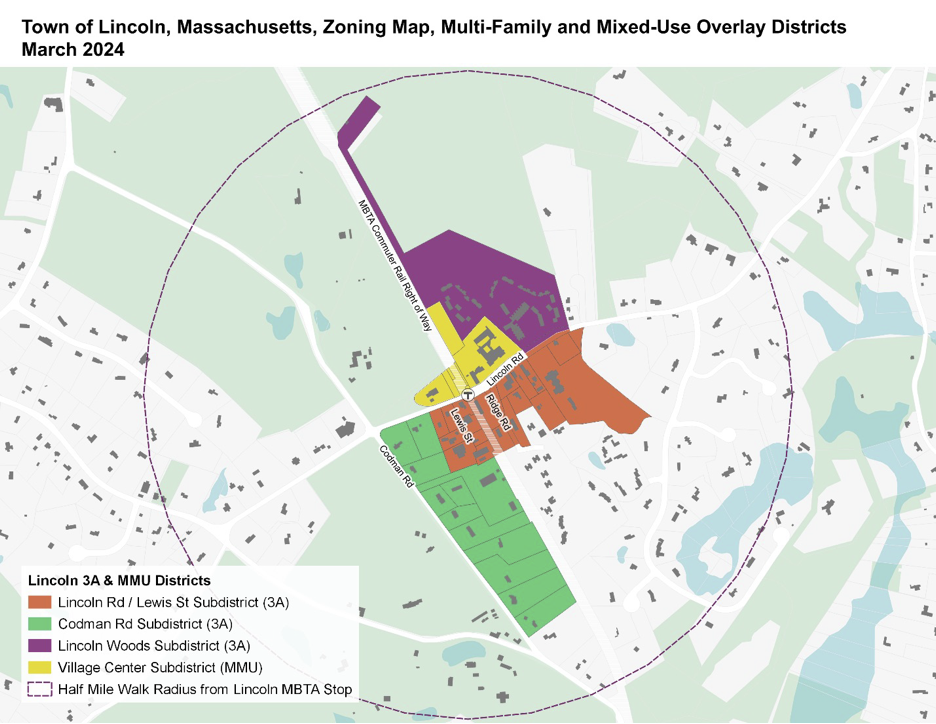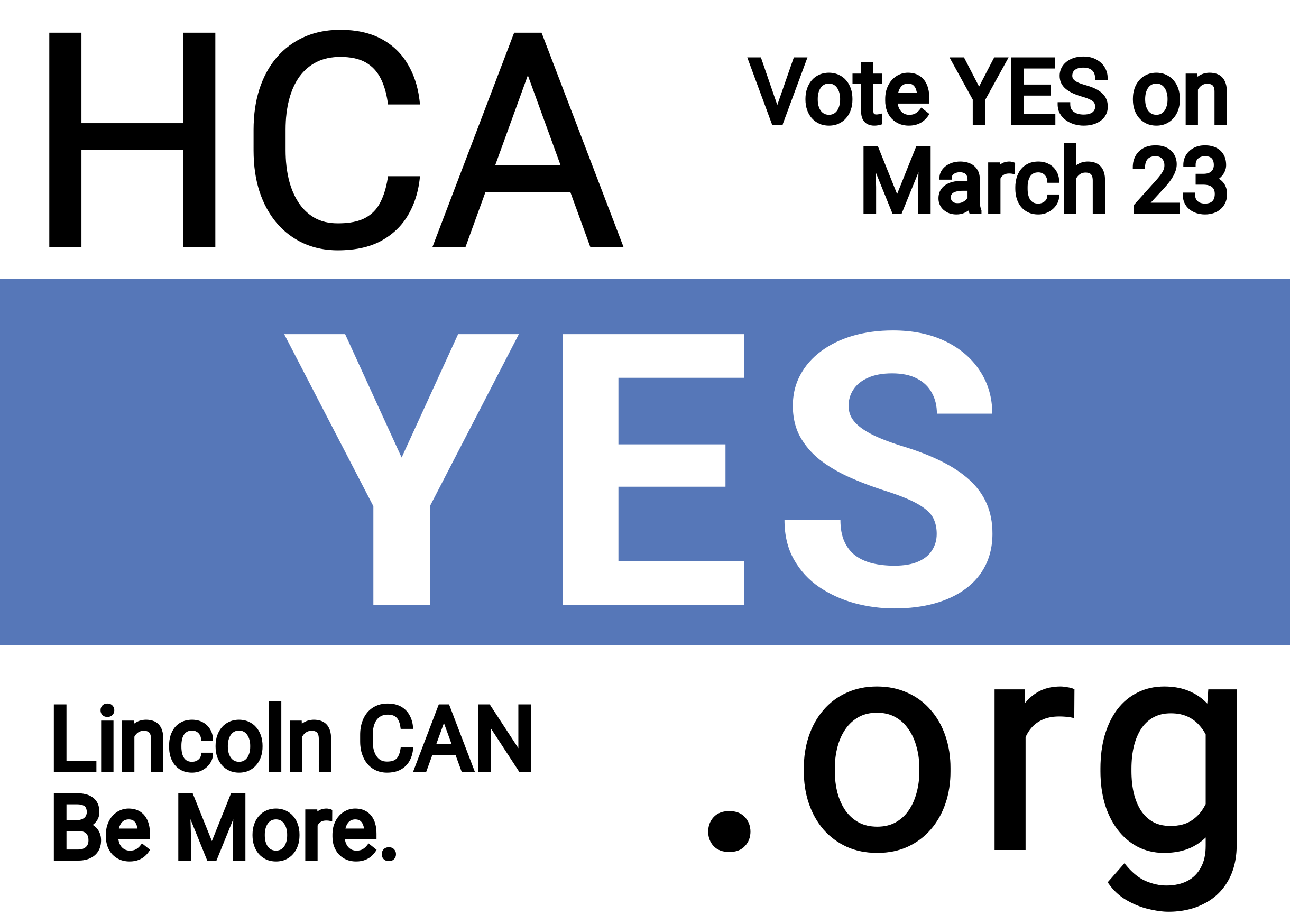Frequently Asked Questions

What is the Housing Choice Act?
The MBTA Communities Housing Choice Act was a bipartisan bill passed overwhelmingly in the state Legislature and signed into law by Governor Baker early in 2021. An initial version of the bill was filed by the Governor in March, 2020 and redrafted based on input and feedback from legislators, advocacy groups and the public through the legislative process. There were changes from the Joint Committee on Economic Development and Emerging Technologies, the House Committee on Bonding, Capital Expenditures and State Assets, and the House Committee on Ways and Means. The bill was also amended further on the House floor before it passed 156-3. The Senate passed a similar bill 40-0 and a Conference Committee was appointed to negotiate a compromise bill. The Conference Committee report (H.5250) was passed by the House 143-4.
The purpose of the legislation is to help alleviate the dire housing crisis in the Commonwealth through zoning reform that requires each MTBA community to create a zone that allows climate-conscious, transit-oriented multi-family housing by right. Our then Republican governor signed the bill and our now Democratic Governor is very supportive of implementation.
Towns face financial and legal consequences for non-compliance.
The accompanying regulations were developed during 2021 and 2022, with a final rule change coming in August 2023.
The Select Board began reporting on the law and holding joint information sessions with the Planning Board in early 2022. The Select Board and Planning Board appointed the Housing Choice Act Working Group (HCAWG) in October 2022 to develop zoning options for the town to consider. The Planning Board developed the zoning bylaw based on the December 2023 Special Town Meeting decision.
The zoning must be approved by a majority vote at a Town Meeting.
What requirements must Lincoln meet?
We must create a district that is a minimum of 42 acres and has a zoned capacity of at least 635 units. NOTE: This is not a housing production plan! We must zone for this capacity, not plan for development.
- The units per acre density across the district must be a minimum of 15 units per acre.
- At least 20% of our district must be within 1/2 mile of the Lincoln MBTA train station.
- Subdistricts are allowed and must be a minimum of 5 acres. One of the subdistricts must be at least 50% of the total district.
- We must adopt a District by December 2024 in order to remain compliant with state law.
Why should we comply?
The Housing Choice Act is a state law.
Community Goals: Residents have repeatedly expressed support for ensuring a range of housing options in Lincoln. The Housing Choice Act can be a tool to add different types of housing development around mass transit in ways that balance housing with other stated community values such as environmental and land stewardship, and support for our local businesses.
Fiscal Responsibility: Compliance ensures that the town remains eligible for multiple state funding opportunities such as the MassWorks program and the Housing Choice Grant program. For example, MassWorks offers grants of up to several million dollars for projects focused on: drinking water and wastewater; bicycle, pedestrian, and roadway infrastructure; and housing and economic development. (Visit https://www.mass.gov/guides/community-one-stop-for-growth, https://www.mass.gov/orgs/massworks, and https://www.mass.gov/how-to/housing-choice-grant-program for more information.)
Does the Town rely on state grants and what are the consequences of losing access?
Known upcoming items for which we could get grants:
- Water main replacement is a known infrastructure need. For example, the 2.7 mile long stretch of water main that runs from the 5 corners to The Mall needs replacement, which is estimated to cost $7M - $8M. And, we know there will be more water infrastructure needs over time. Without outside funding, the cost of bonding these projects would be shouldered by residents who are on the Town water supply.
- There are about 53 miles of water mains in Lincoln.
Since 2021, $800K in grants tied to the HCA have been secured by the Lincoln Planning Department:
- Draft Lincoln’s Climate Action Plan
- Update the Town’s Municipal Vulnerability Plan, plus $50,000 set aside for a resiliency project
- Design an upgrade to the waste treatment plant that serves The Mall and Lincoln Woods (and any future development on those properties or the Town-owned MBTA commuter parking lot at the back of The Mall parking lot.)
- To actually upgrade the system, the Town will work with The Community Builders (owners of Lincoln Woods) and the Rural Land Foundation to apply for a MassWorks Grant. MassWorks Grants can provide hundreds of thousands to several million dollars for qualifying projects: https://www.mass.gov/info-details/massworks-infrastructure-program
- HCA support and general planning grants.
What does "by right" mean?
"By right" tells a property owner how they can use their land without any kind of "special permit" or vote of Town Meeting.
Every property has a by right use.
Most properties in Lincoln are zoned "R1" meaning that a single-family home is the only by right use.
How did the Housing Choice Act Working Group develop options?
The HCAWG, made up of representatives from numerous town boards and the Rural Land Foundation, used the following principles to guide development of zoning options:
- Rezone near public transportation and town amenities; consider codifying near-by multi-family development
- Lay groundwork for housing options for:
- young adults
- families
- local workforce
- those ready to downsize
- Support our small commercial center
- Promote decarbonization and climate change adaptation
- Keep Lincoln eligible for grants to
- achieve town goals
- mitigate impact on property taxes
- Proactively tailor zoning to fit Lincoln’s unique character
Who picked the District we're voting on at the March 23rd Town Meeting?
At the December 2, 2023, Special Town Meeting, residents were given 5 different options that would comply with the Housing Choice Act. In a secret ballot, 55% of voters (there were over 600 in attendance) chose “Option C” which put all of the rezoning within ½ mile of the MBTA station.
